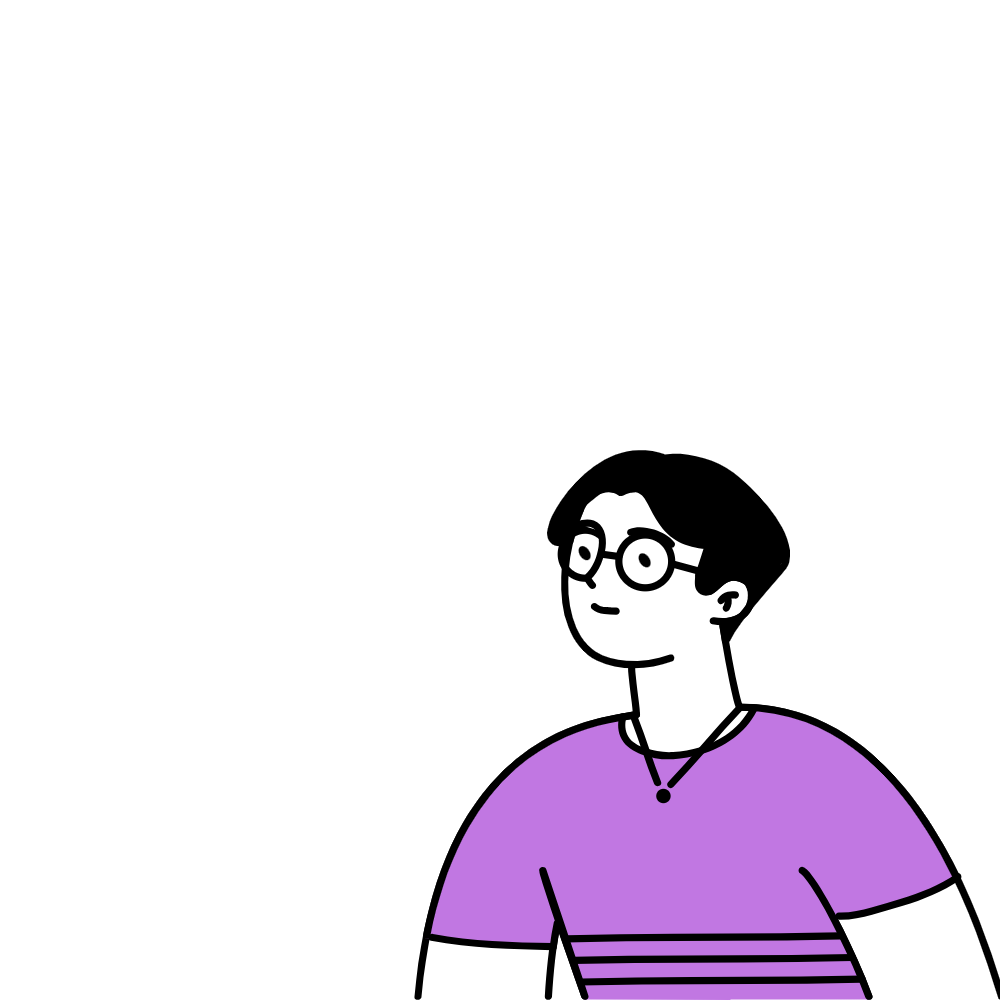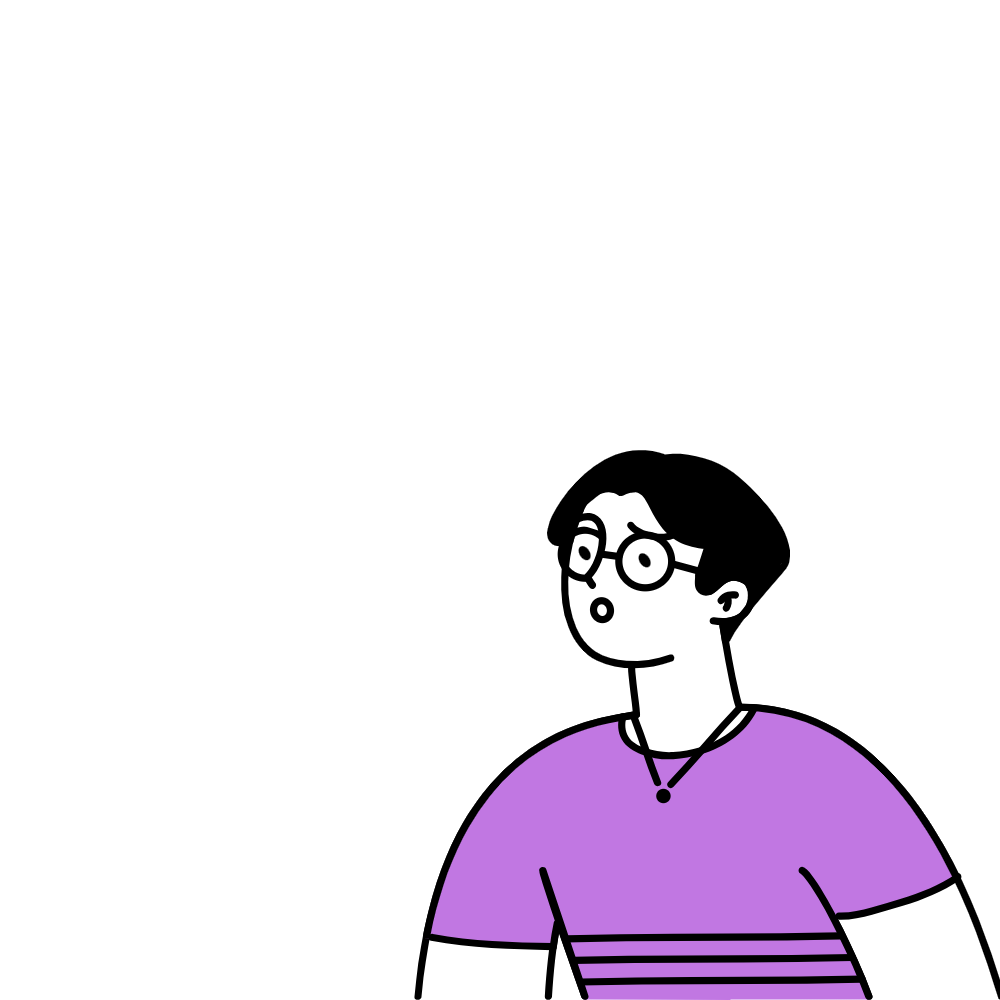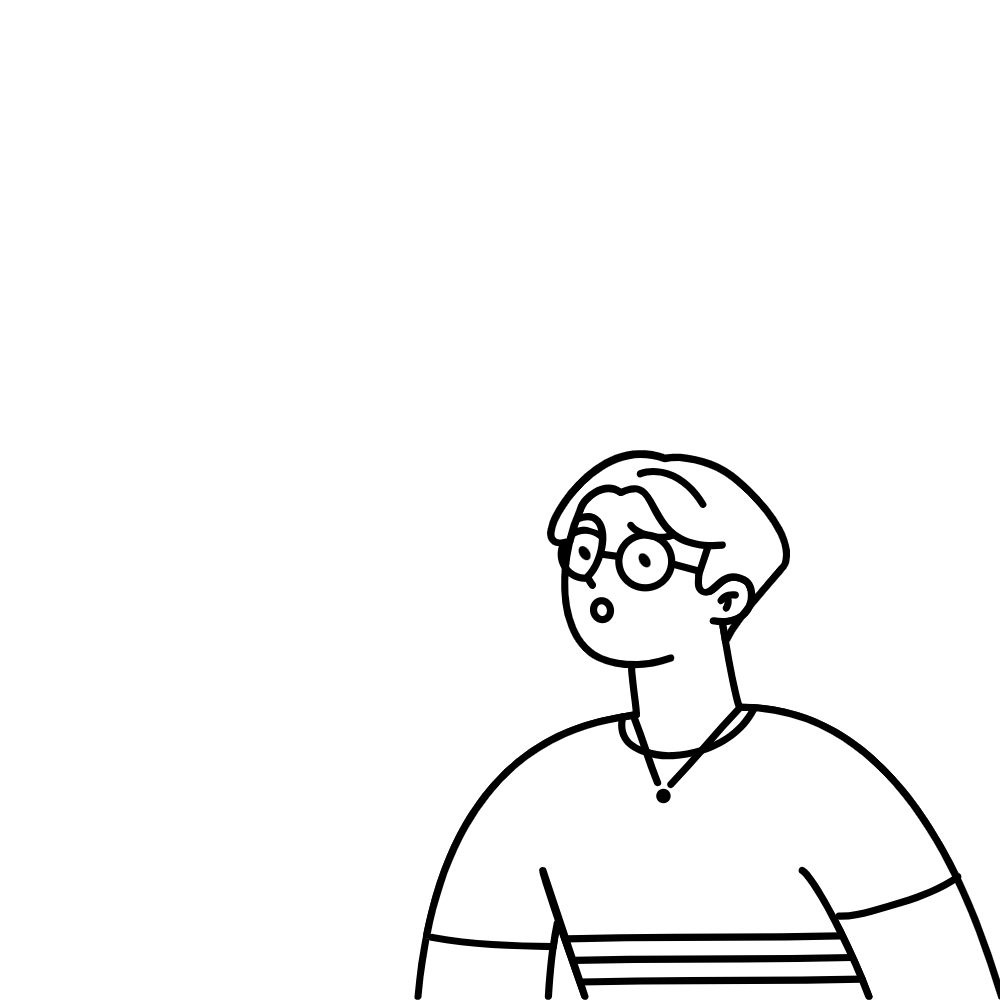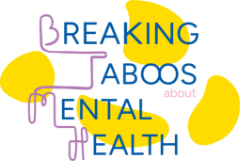Hi Kate, hi Ann, how have you been?

Howdy, everything goes well. What about you?

Seems like you’re surfing on success. Lucky you! School basketball team on a roll!

Yes, incredible! You’re so perfect! Captain … or rather superstar!!

Hmmm, yeah, not exactly …

What do you mean?

I know! You’ve fallen in love!

Come on, don’t be silly Ann! I don’t feel like joking…

Ok, what’s up, John? We’re friends, you can tell us.

I have been in a very bad mood for the last few weeks…

Ha, ha, just like me … tests in maths, chemistry, physics!

No, it’s not about these … The issue is that I was dizzy, I couldn’t concentrate on my studies, I avoided people … I wasn’t myself …

Oh, sounds not good! For how long have you been feeling like this?

To be honest, it’s been for weeks, but now it’s worse than ever. That’s why I’ve finally decided to go to therapy! Ufff ….

What?? You? I think you’re exaggerating! We are all under pressure.

Why do you think it is so hard for John to say that he had started going to therapy?
Why do you think it is so hard for John to say that he had started going to therapy?
In fact, all the answers may be true. John is afraid of being negatively judged by his friends because there is often a myth in society that only mad people go to a therapist. As captain of a successful team and always a smiling man, he may be ashamed of the change in his behaviour.
Stop, Ann! Stop immediately!!

But look at him! He looks normal, as always.

People who go to therapy…
You did well John. Be proud of yourself for having the courage to seek help! Nobody knows what you need more than yourself!

Thanks, Kate, your words mean a lot to me.

And Ann you should be ashamed, really, John trusted us… That was lame of you.

Oh, guys… It’s just that life seemed so easy for you John… Anyway, I’m sorry, I didn’t mean to hurt you, not at all… You know that you can count on me, always …

People who go to therapy…
Another stereotype is that people who go to therapists look or behave differently. In reality, anyone can go to a therapist to receive professional support. It means that it includes people with mental health disorders that affect the behaviours, such as the very rare Dissociative Identity Disorder. However, many people like John who seem to have a perfect life, may hide the distress they are facing and feel the need to seek professional help.
Sharing mental health problems with friends…
Sharing mental health problems with friends…
Mental health is no taboo. Just as you get sick with a sore throat, so can your mental health. Sharing this news with friends provides relief and understanding that you are not alone. Sometimes, unfortunately, you can expect a reaction similar to the one Ann showed, but it’s worth believing that everything will end well and you will get support!
The idea that only mad people go to therapy remains a popular prejudice.
It is important to question it to break the taboos on therapy.
Mental health problems are not necessarily apparent. Many people hide their distress by fear of being judged or misunderstood by their relatives and friends.
As a friend, it is necessary to remain open-minded and supportive: listen and talk to your friends.
Friends are there to stand behind you and support when you need it.
